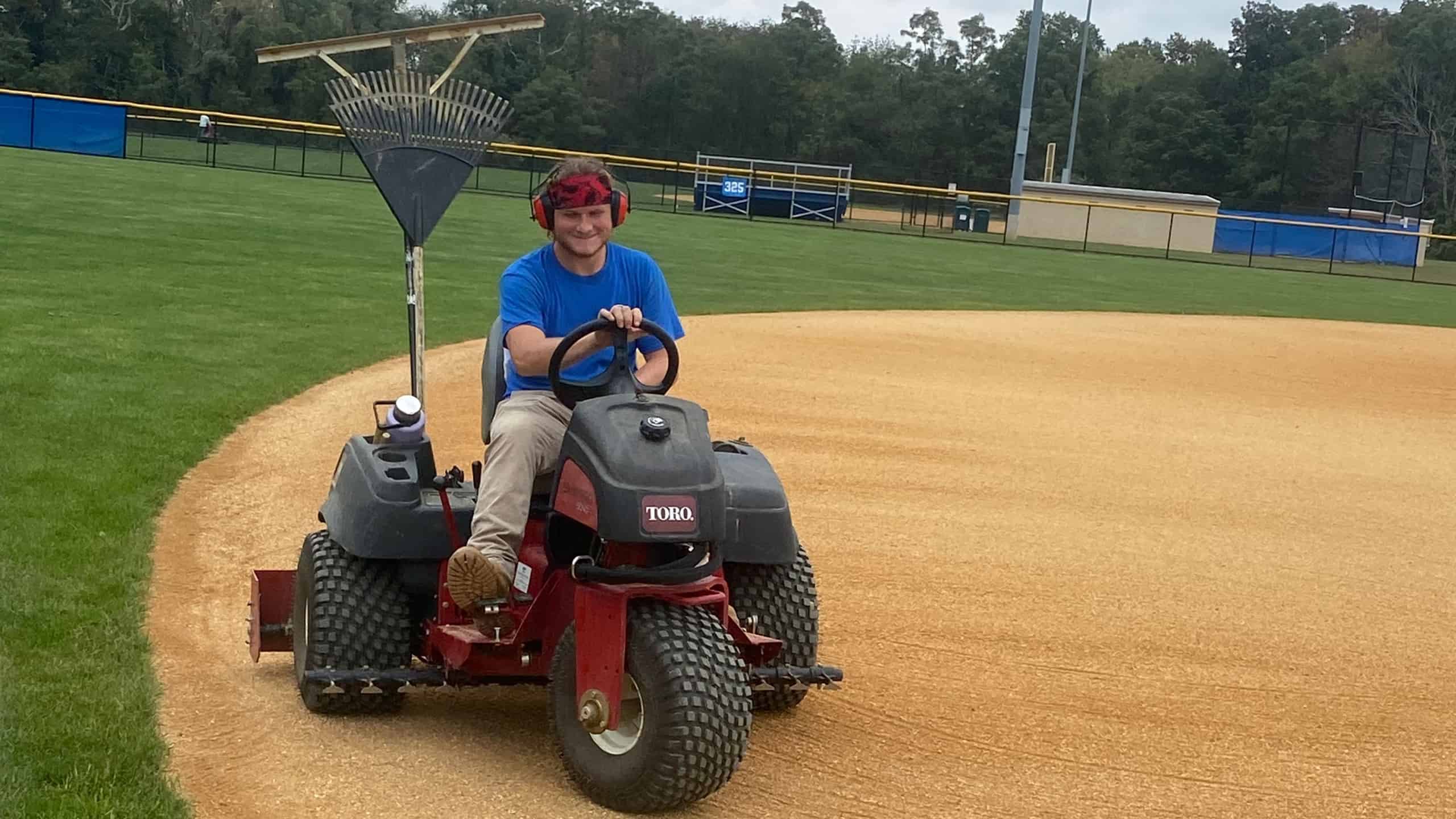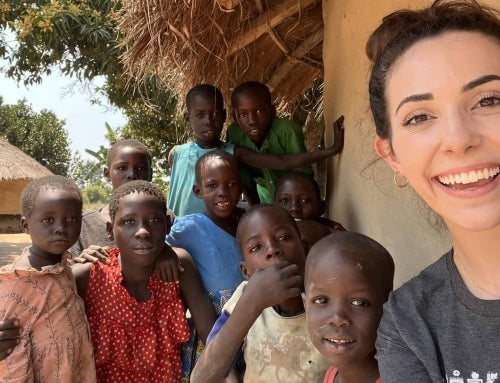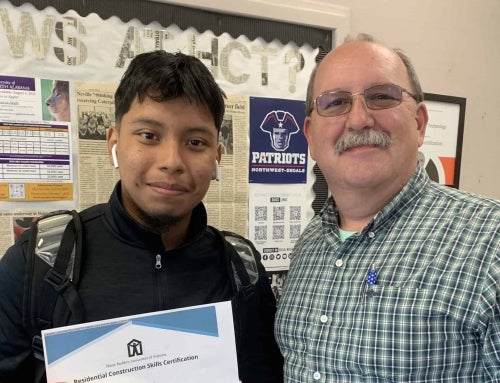FFA members have diverse backgrounds and interests, but all typically share two universal takeaways of their time in the organization: their understanding of agriculture was broadened and they gained essential skills to build a career.
Mark Stackewicz is a case study for that. He entered Monmouth County Career Center in New Jersey, a vocational high school, thinking he might end up in mechanics because he’d grown up in the shop with his dad. However, “FFA really changed my life a lot,” says Stackewicz, who now works on the field maintenance crew at Michael J. Tighe Park, a Freehold Township Parks and Recreation facility. “I don’t know what other job I would have.”
His introduction to agriculture began in eighth grade as part of an exploratory course for first-year vocational-school students. That, and exposure to FFA the following year, hooked him. “Going into ag really set my heart in stone for landscaping work,” he says.
Monmouth’s horticulture landscaping program has a strong turf-management focus, specifically for golf, and planned to introduce an apprenticeship program for students to work half the school day at a local golf course. When the plan fell through due to the pandemic, Stackewicz was determined to find fieldwork on his own. Thanks to John Neyhart, the former teacher and now co-worker who convinced him to join FFA, Stackewicz began his job with the ball field grounds crew in June 2022, right after he graduated.
He helps maintain six baseball fields and five softball fields — shaping, raking and, when necessary, pumping out rainwater “to keep baseball going.” There’s not a day he doesn’t directly use what he learned in FFA. “FFA really helped my understanding of different aspects related to sports,” he says, “from the grass used, topsoil and how that affects the game. Before that, I didn’t really understand much. You just had grass and cut it, or you fill in the holes.”
The classes in which he learned about grass types and soil quality “were really fun,” he says, along with the agronomy career development event (CDE) that required him to evaluate seeds and grass. The experience that tops both, though, was being elected chapter president for 2019-20. “My heart was racing,” he recounts. “I was doubtful, but when they called my name, I was so happy to know I could actually do it.”
Stackewicz’s FFA arc of landscaping and leadership can be summed up with the same advice he passes on to current students: “No matter what you think, there’s no harm in trying your best, seeing your limits and pushing those. You might like it.”
Find the right career path for you at AgExplorer.ffa.org.












